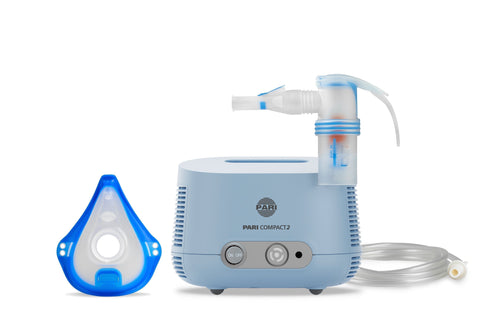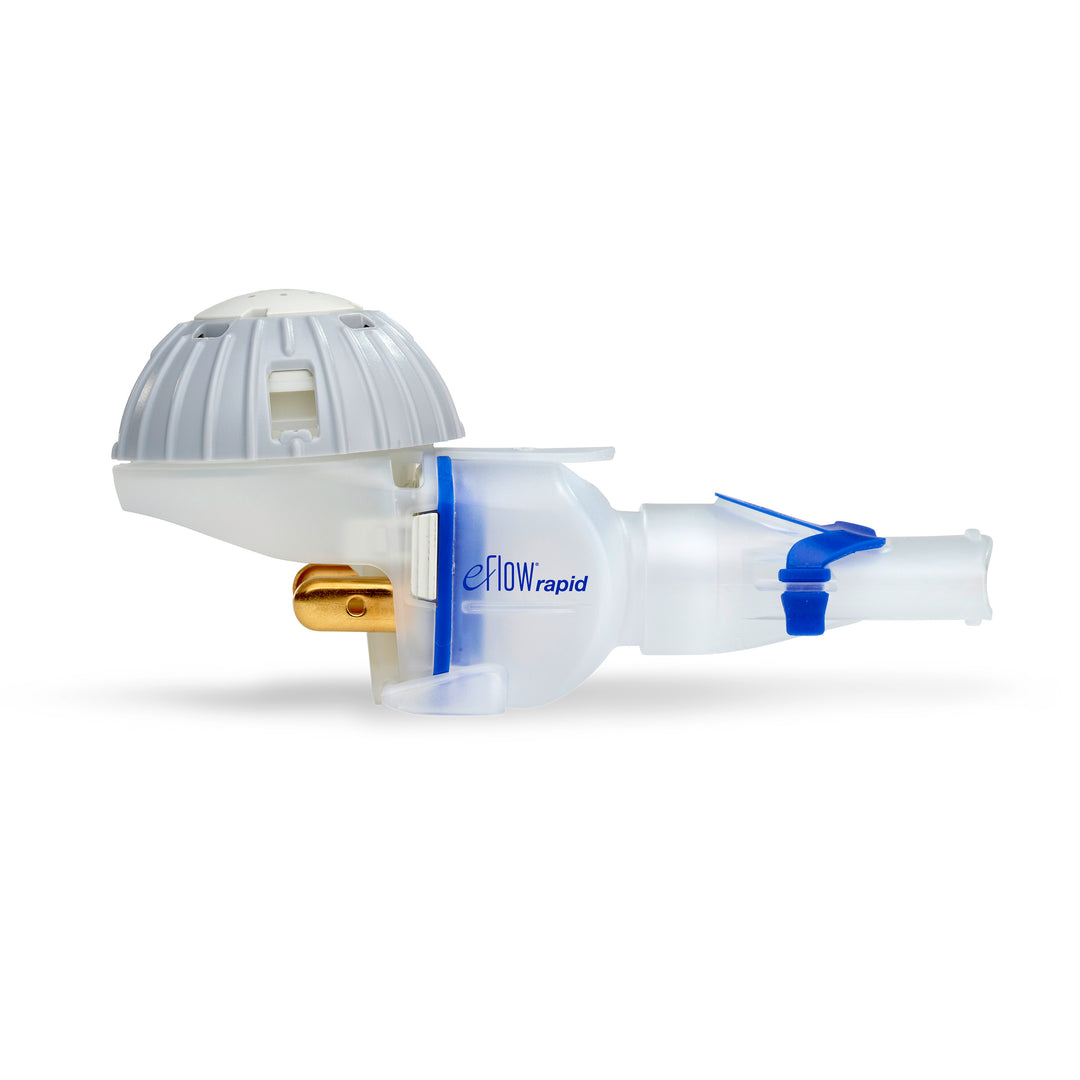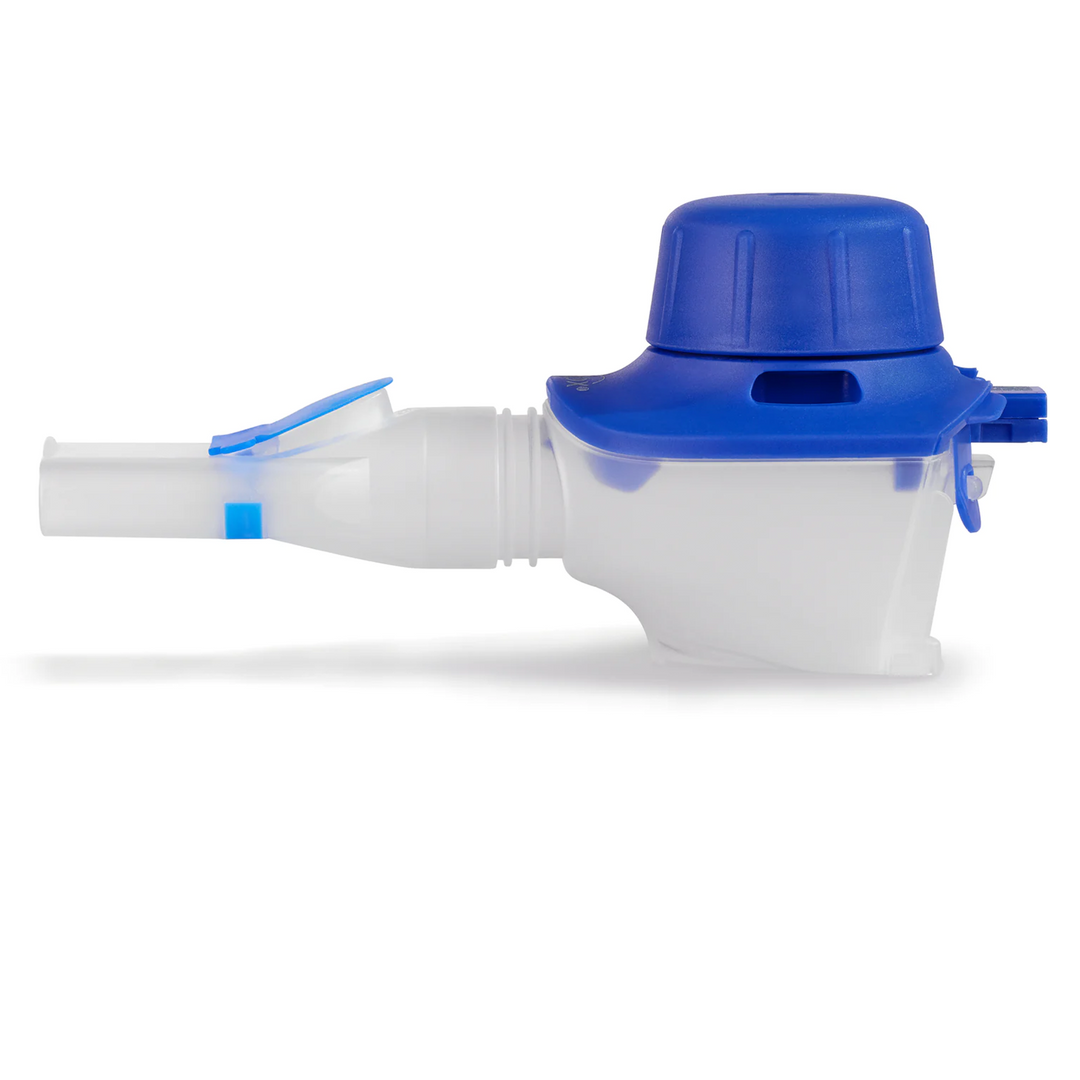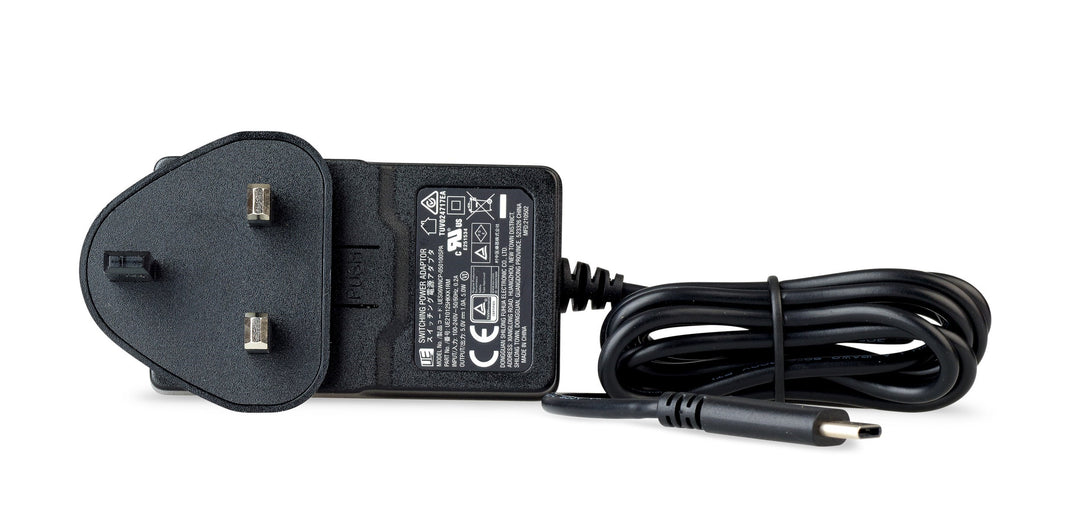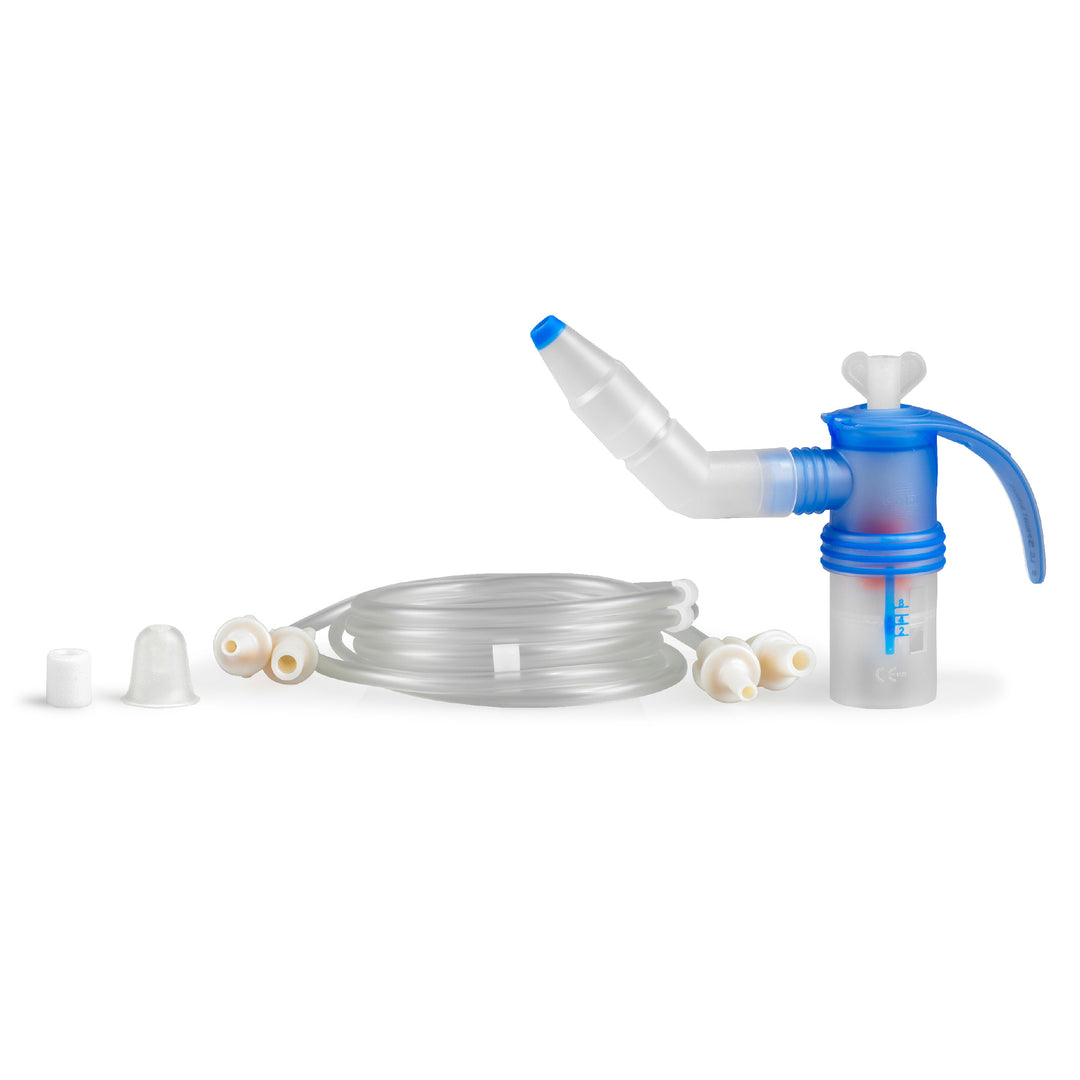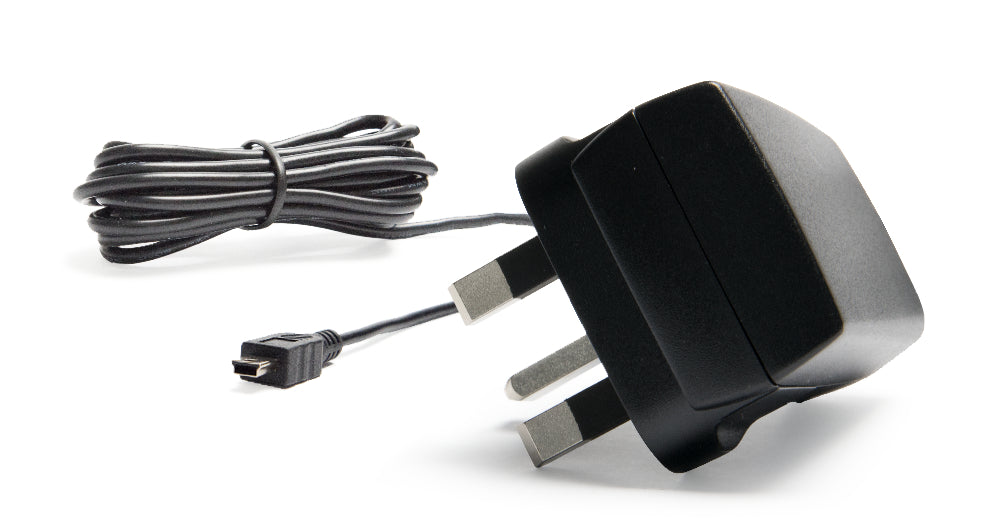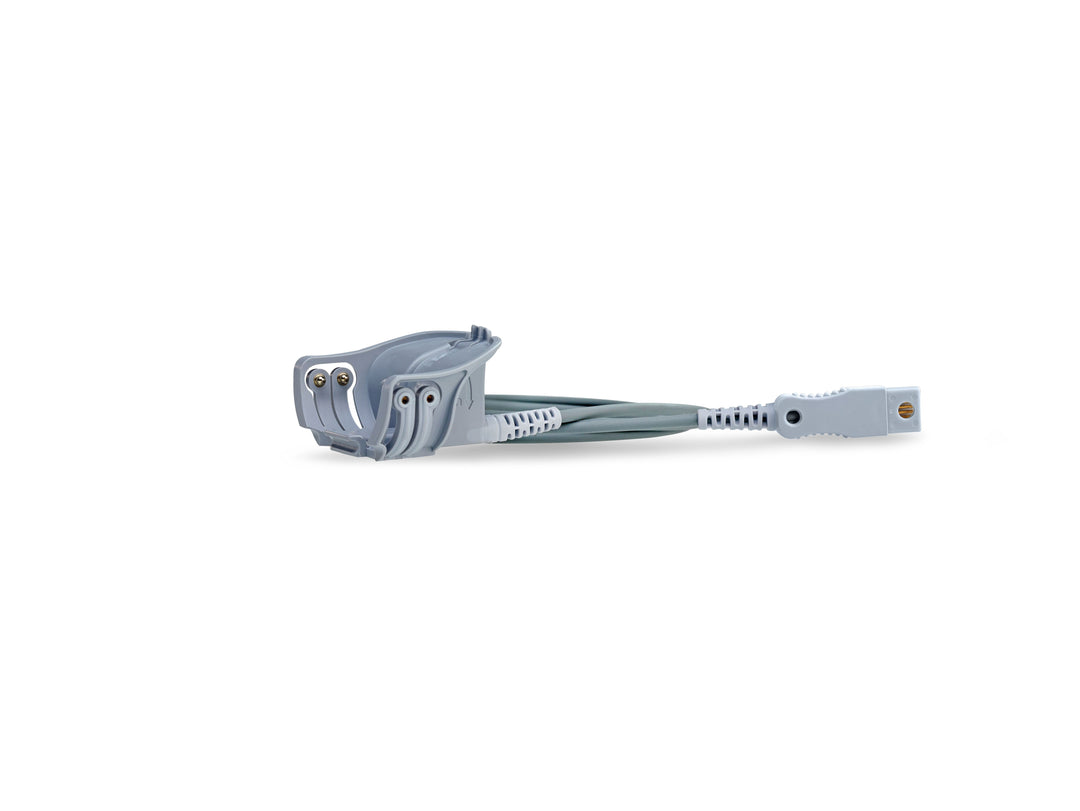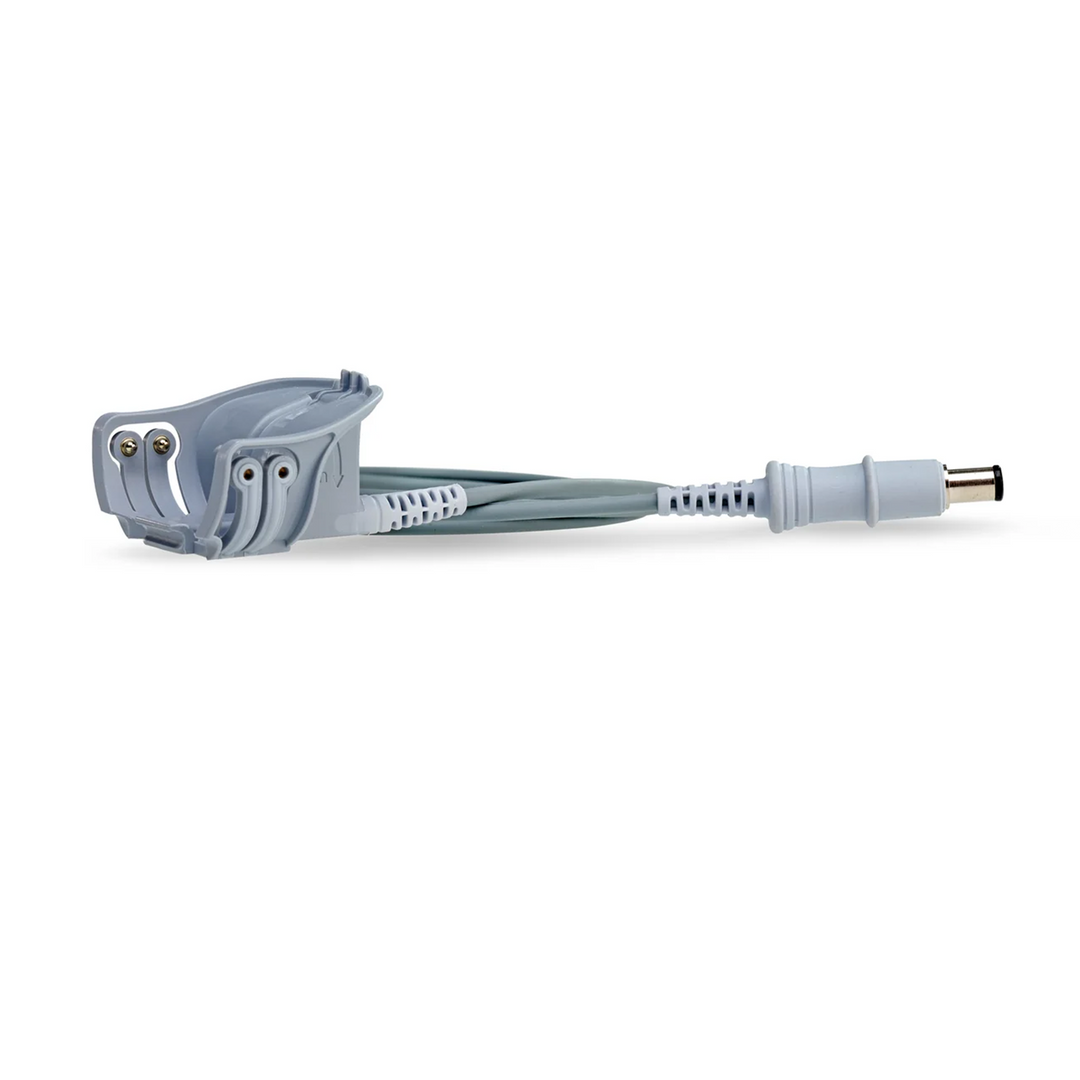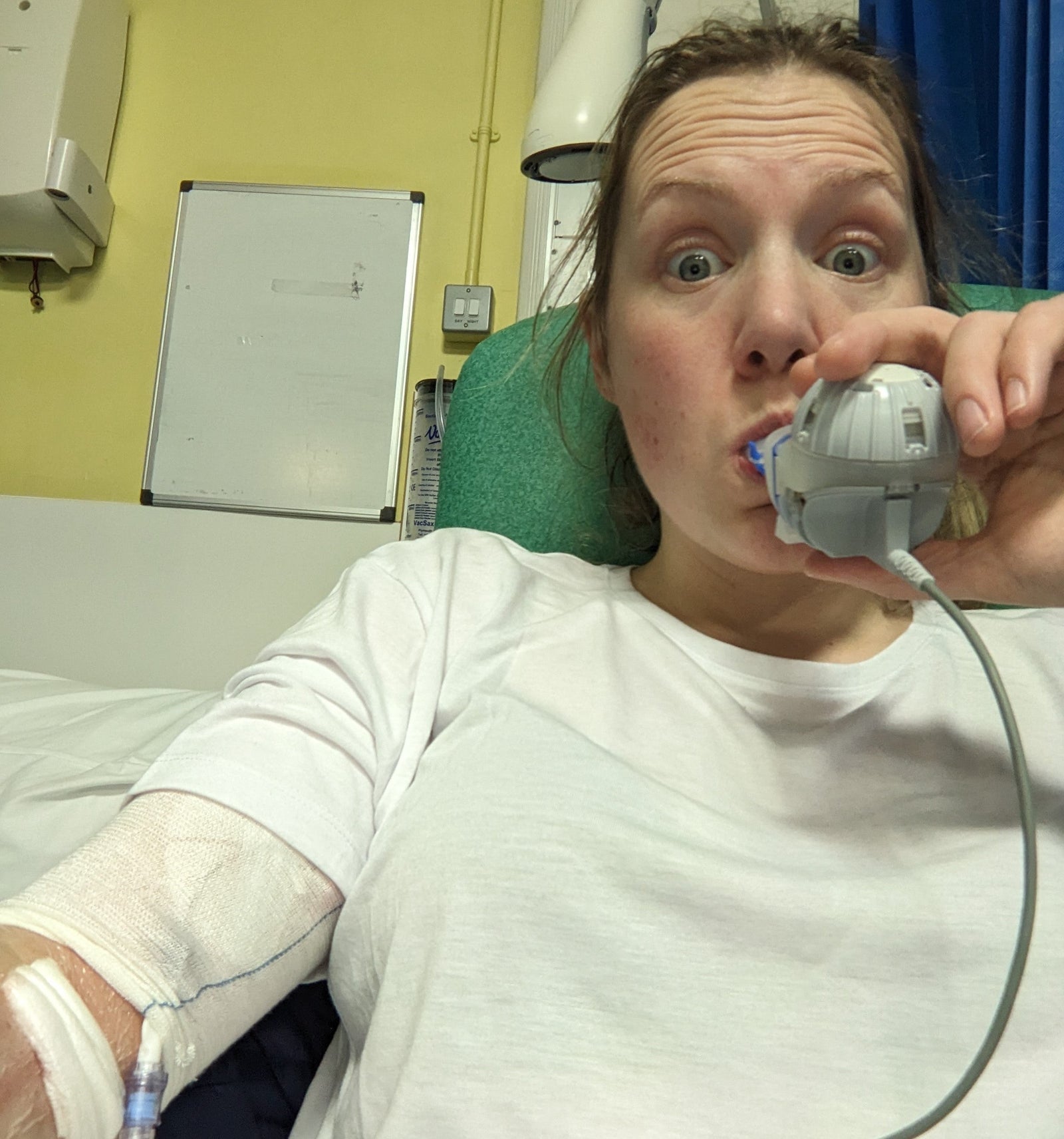
Shedding Light on Primary Ciliary Dyskinesia (PCD)
Primary Ciliary Dyskinesia (PCD) is a rare genetic disorder that often goes undiagnosed or misdiagnosed, leading to delayed treatment, irreversible airway damage, and a lower quality of life for those affected. In this blog, we will explore PCD, its symptoms, diagnosis, and available treatments, with the hope of increasing awareness and understanding of this challenging condition. We will also hear from someone affected by the disease and how it affects their day-to-day life.
Understanding Primary Ciliary Dyskinesia (PCD)
PCD is a genetic disorder that primarily affects the cilia in the respiratory tract, causing them to beat at a slow frequency or not at all. Cilia are tiny, hair-like structures that line the airways and help move mucus and foreign particles out of the lungs. When cilia don't work correctly in individuals with PCD, it can lead to a buildup of mucus and debris in the airways, making them more susceptible to infections and other respiratory problems, such as irreversible lung damage (bronchiectasis).
Symptoms of PCD
The symptoms of PCD can vary from person to person, but some common signs include:
- Chronic cough: Persistent wet cough from birth, often mistaken for asthma or other respiratory conditions.
- Recurrent respiratory infections: Frequent lung, sinus and ear infections
- Nasal congestion: Chronic nasal congestion and sinusitis.
- Ear infections: Frequent ear infections, particularly in children.
- Subfertility/Infertility: some people with PCD may experience subfertility or infertility. In males this is due to the flagella (tail) of sperm being similar to cilia. In women, it is thought cilia in the fallopian tubes and endometrium have a role in conception.
Diagnosis of PCD
Diagnosing PCD can be challenging because its symptoms overlap with other respiratory conditions. The following tests are typically used to diagnose PCD:
- Nasal Nitric Oxide (nNO) Test: A low level of nNO in exhaled breath is a characteristic finding in PCD.
- High-Speed Video Microscopy (HSV): This test examines cilia motion in respiratory cells and can reveal abnormalities.
- Genetic Testing: Genetic testing can identify mutations in the genes associated with PCD, further confirming the diagnosis.
Treatments for PCD
There is no cure for PCD and most treatments are borrowed from other conditions, such as Cystic Fibrosis and Bronchiectasis. Treatment typically focuses on addressing symptoms and trying to prevent long-term airway damage:
- Airway Clearance Techniques: These techniques, such as chest physiotherapy and the use of airway clearance devices (e.g. PARI PEP S), help loosen and remove mucus from the airways.
- Antibiotics: Antibiotics are prescribed to treat respiratory infections.
- Nasal Decongestants and Steroids: These can help manage nasal congestion and sinusitis symptoms.
- Bronchodilators: These medications can help open the airways and improve clearance efficacy during physiotherapy, as well as overall breathing .
- Inhaled Hypertonic Saline: Inhaling saline solutions can help hydrate airway surfaces and promote mucus clearance.
- Ear and Sinus Surgery: In some cases, surgery may be necessary to treat chronic ear infections or sinus issues.
- Fertility Assistance: For people with PCD experiencing infertility, assisted reproductive techniques like in vitro fertilization (IVF) may be an option.
It's important to note that PCD treatment plans are tailored to each individual's specific needs, and regular monitoring by healthcare professionals is essential.
Early diagnosis and appropriate management can significantly improve the lives of those affected by PCD. Increased awareness and support can also contribute to ongoing research into better treatments and therapies for this rare genetic disorder.
Lucy Dixon, Vice Chair of PCD Support UK, explains what it’s like to live with PCD.
“Having PCD can take a huge toll on someone’s quality of life. I was lucky enough to be diagnosed at 4 years old, but even that was too late to prevent irreversible lung damage that led me to need part of my lung removed when I was 19. The treatments can seem relentless: twice daily physiotherapy (more if you’re poorly), constant nasal rinsing to clear my ‘stuffy’ nose and fitting this in around work and a social life can be hard to do sometimes. Even despite a strict treatment routine, infections are inevitable and often lead to long and isolating hospital admissions requiring IV antibiotics.
I haven’t been asked to say this, but in total honesty, having a PARI eFlow changed my life. I went from spending nearly an hour a day using my compressor nebuliser, to being able to take some of my medication in a fraction of that time. This meant I was less likely to skip treatments and didn’t have to lug a 5kg compressor to work every day. The eFlow is portable, and it meant that I could stick it in my handbag and still carry out my treatments whilst on the move. Unfortunately, not everyone with PCD in the UK has access to fast and portable nebulisers, which is something we’d like to see change at PCD Support UK.
In the future, I hope that PCD will be diagnosed at birth, so that people with PCD have better chances of avoiding irreversible lung damage and will have a better quality of life. We also desperately need more targeted treatments (and for those treatments to be affordable once they come to market). Although at present there is a huge spectrum of severity in PCD, I hope that one day, having PCD will mean the same for everyone: a rapidly diagnosed, well understood and highly treatable condition. Unfortunately, we have a long way to go until we get to that point.
In the meantime, our small and volunteer-led charity, PCD Support UK helps families and individuals through peer support, small grants, helping people get a diagnosis, and ensuring that when people with PCD are diagnosed, they get the care they need.”
PCD Support UK are a volunteer-led charity supporting those affected by PCD. For more information or to get involved, visit their website www.pcdsupport.org.uk


